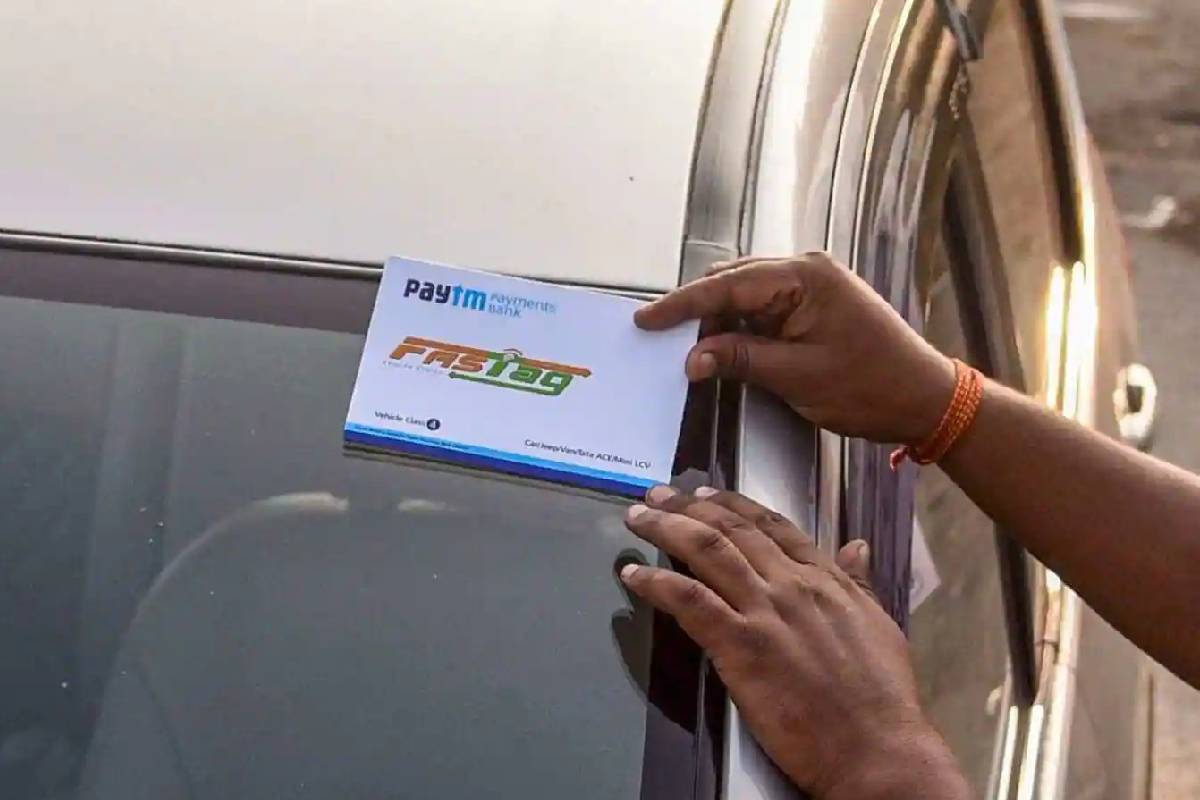Ishita Malakar, Pune
The National Highway Authority of India (NHAI) has stated that in order to encourage the highway users to use FASTag, toll booth operators are being asked to collect double the toll from those users who either do not have a sticker or a FASTag attached to their windshield, additionally those vehicles might also be blacklisted.
As the ministry of road transport and highways stated vehicles without a FASTag cause unnecessary delay and traffic in front of toll plazas. Justifying their decision on charging double the fee, the ministry mentioned that it will make toll operations easier and more efficient. The Standard Operating Procedures (SOPs) has issued these instructions to all the toll collection agencies and concessionaires. The Ministry has also mentioned that CCTV cameras at every toll booth will record the registration number of all the cars that do not have a FASTag sticker which might lead to getting blacklisted. Whichever banks issue FASTags, have been told to make sure that the cars should have the stickers attached to their windshield.
Under the National Highway Fee (Determination of Rates and Collection) Rules, 2008 the NHAI collects toll taxes. Currently 1000 plazas collect toll for around 45000 km of national highways and expressways across India. FASTag has revolutionized toll collection with more than eight crore users and a penetration rate of about 98%.
The Union Government has also proposed a GPS-based toll collection system which would soon be tested on five to ten highways. This process is supposed to work even faster and will eventually replace the current tolling system using FASTag. Jatin, the Highway Developer of National Highway Authorities of India mentioned that they are currently working on this GPS or satellite-based tolling mechanism so that the entire system of collecting toll taxes becomes more equitable.
But the system has a few concerns which would soon be fixed after testing it out on a few highways and then would later be available on more and highway stretches across India. This system requires geo-fencing of highways using Global Positioning System (GPS) or Radio Frequency Identification (RFID) that would trigger a response when a mobile device enters or leaves that particular geofencing. So, with this mechanism, the device will be attached to the vehicle which will automatically charge taxes at toll points. The charges will be much lower because unlike the current system, there is only a fixed rate for a certain distance. And in order for the Government to get the taxes transferred to their account, it will require highway users to register their vehicles under this system.
